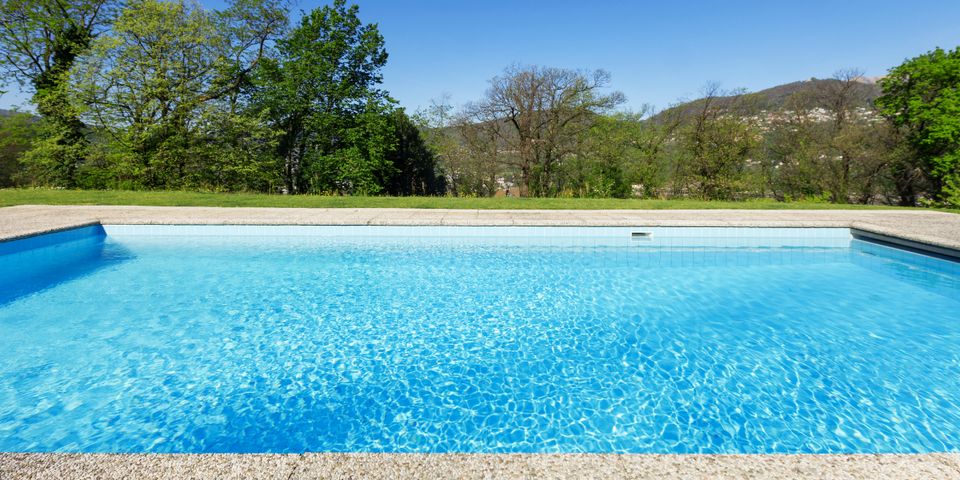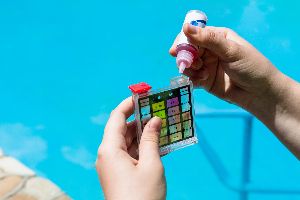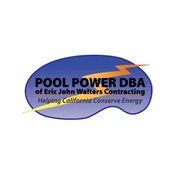4 FAQ About Calcium Buildup in Swimming Pools

Between dips in your backyard pool, embracing an ongoing maintenance routine is essential for swimmer safety and the longevity of your equipment and materials. Without the right care plan, calcium buildup can occur along the water line, often leading to pool repair. Here's what you should know about this issue and how to manage it.
A Guide to Calcium Buildup In Swimming Pools
Why do swimming pools need calcium?
Calcium is naturally present in all water, a result of rocks such as limestone, calcite, or marble dissolving into this flowing resource. The level of calcium in your water can also have a significant impact on softness or hardness. Having the right level of calcium is essential for balance.
When levels are too low, soft water can start to leach minerals from concrete, grout, and plaster, prompting damage to pool coverings, liners, and decks. When there's too much calcium, you may notice your hair, skin, and nails becoming quite dry while you swim, as well as white buildup in the pool.
What causes the buildup?

There are two primary types of calcium buildup. Calcium carbonate is white and flakey. Calcium silicate is a white-gray color and is much more difficult to remove. Silicate takes longer to form, and the presence of this white-gray scale along the walls of the pool often means you also have buildup in pipes. This accumulation is usually a result of high pH levels or extreme and inconsistent temperatures, leading to water evaporation.
What signs indicate I need pool repair?
When you notice calcium buildup along the water lines and walls, you likely need pool repair. Other signs include cloudy water due to excess minerals. You may also notice white or grayscale on your pool equipment, clogs blocking the flow of water to your pool, eroding grout, or pitting in the concrete floor.
How can a swimming pool contractor help?
A professional can test your water and restore proper balance. Using a pumice stone and professional products, they can remove calcium buildup from the walls and floor. When necessary, they can make pool plumbing improvements to properly filter, clear, and monitor your water.
Moving forward, you can prevent calcium-related issues by testing your water and lowering the pH levels as needed. An automatic pool cover to reduce evaporation on hot days can also curb these issues. When calcium levels are too high, reverse osmosis treatment can filter out the excess minerals.
If you're dealing with calcium buildup in your pool, Pool Power Services DBA-Eric John Walters Contracting in Oakdale, CA, can help. This dedicated team performs reliable pool repairs and maintenance at fair prices for homeowners throughout Stanislaus County. Call (209) 604-5974 to schedule an appointment, or visit their website for more information on their experience and commitment to enhancing pool energy efficiency.
About the Business
Have a question? Ask the experts!
Send your question

